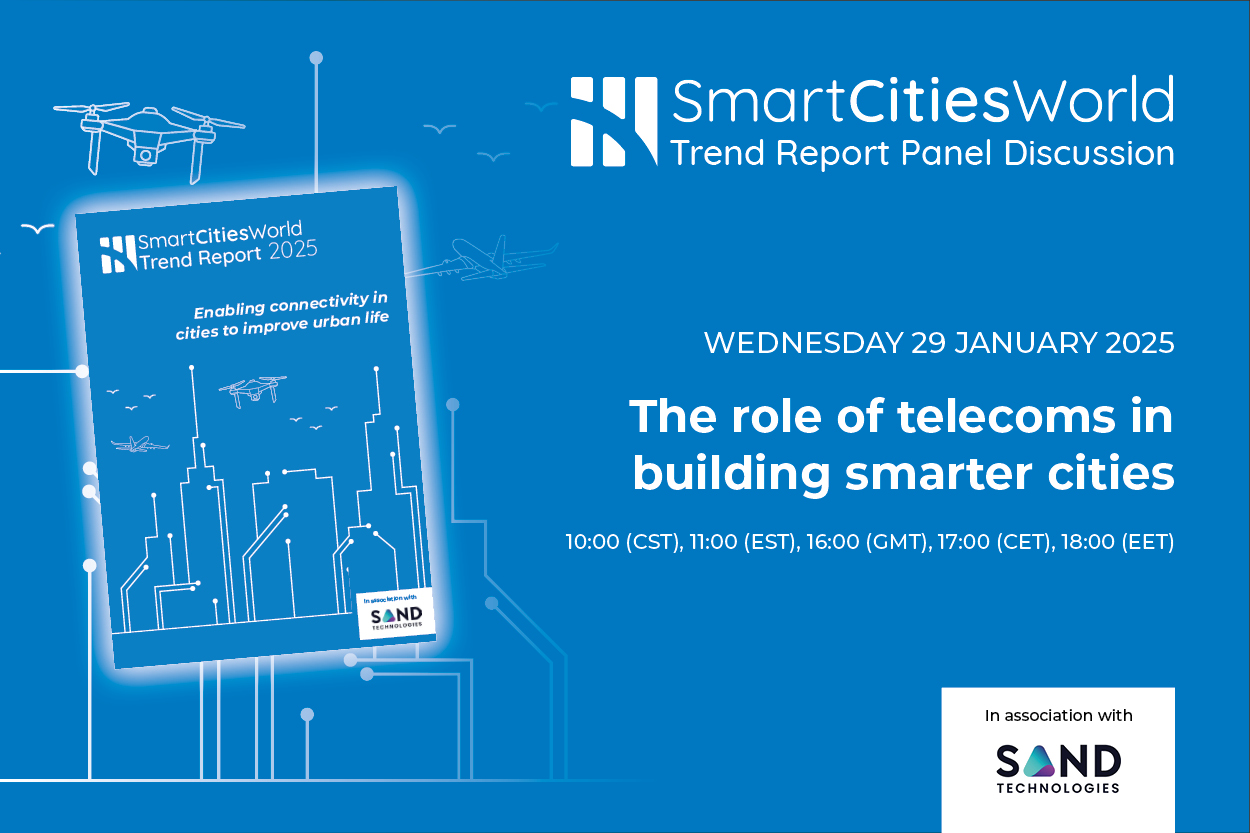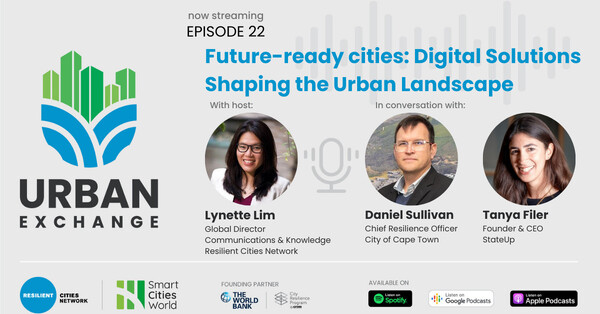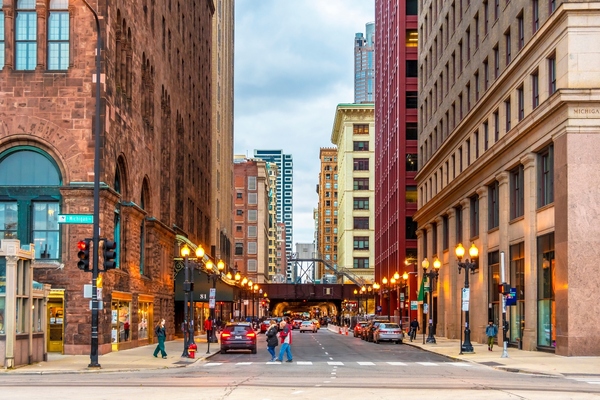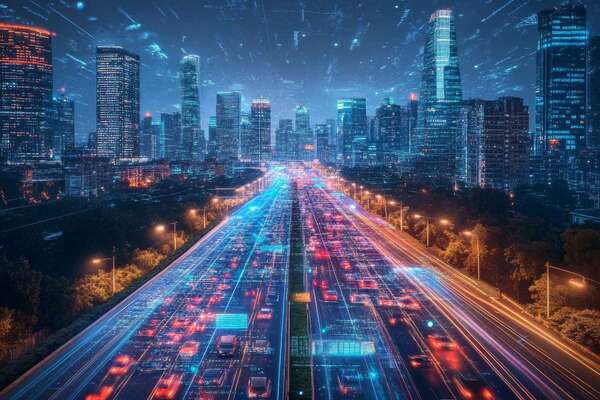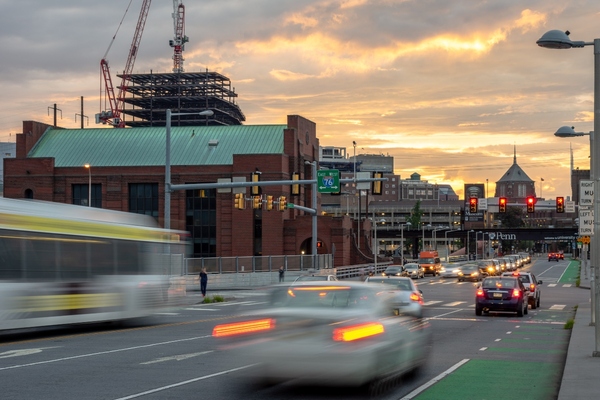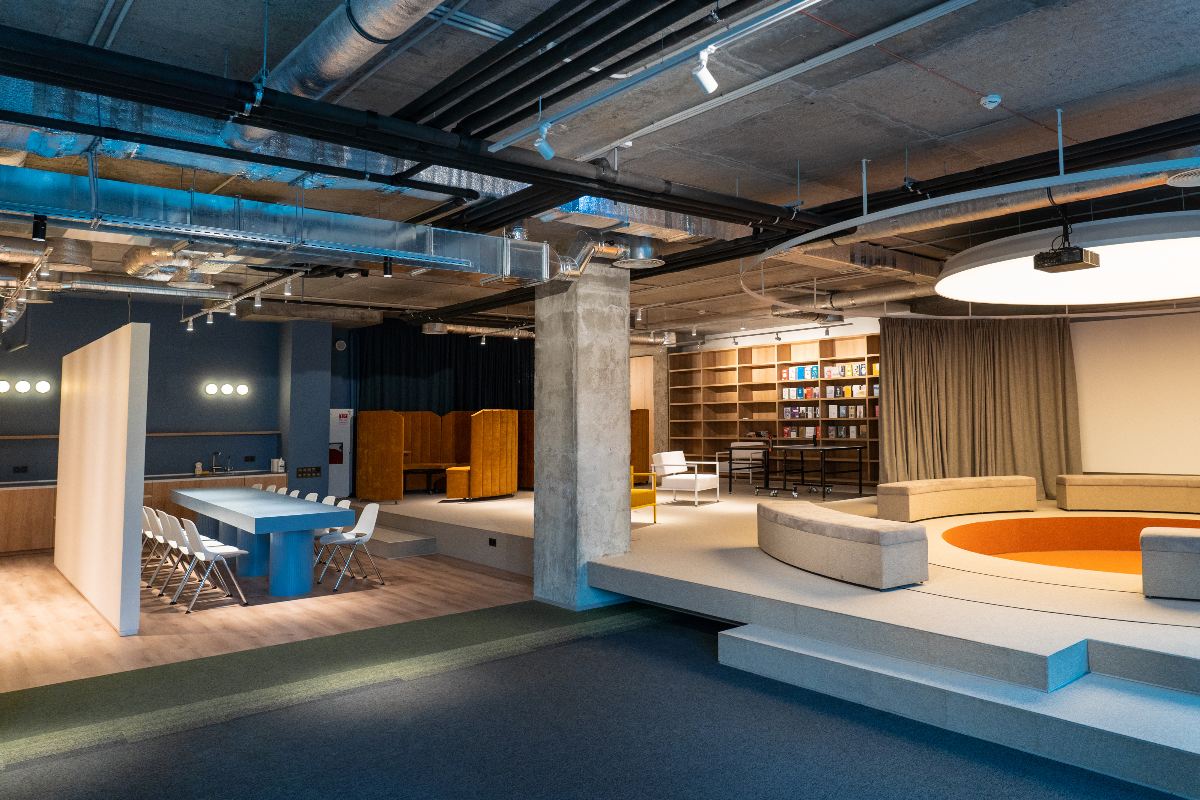Special Reports
SusHi Tech Tokyo 2024: experience ‘Tokyo 2050’ todaySponsored by The SusHi Tech Tokyo 2024 Showcase Program Executive Committee
Collaborative toolchains for smart cities & the need for friction, by Rob Van Kranenburg, founder, IoT Council
Friction is a necessary feature for collaborative decision making in smart city development
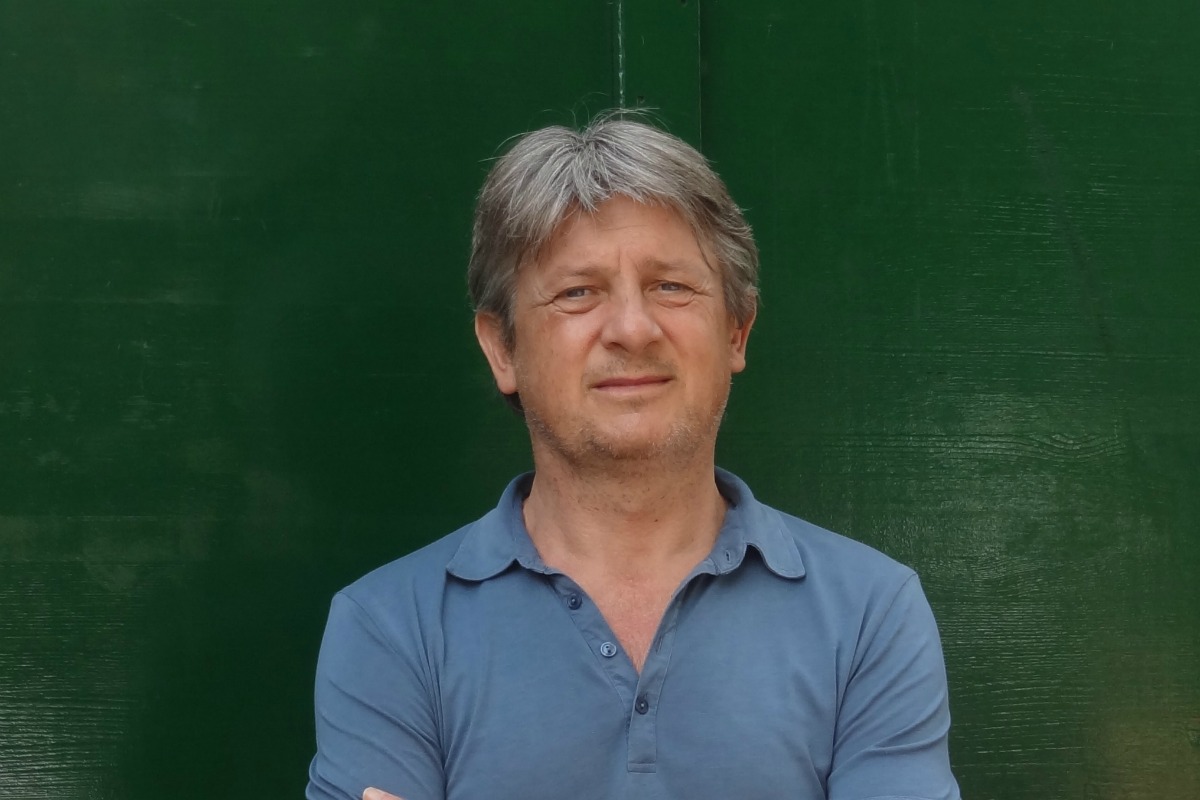
The Thingscon July meet-up at Eindhoven Strijp-S terrain demonstrated the enormous amount of positive energy that artists, designers, citizens and collaborative philosophers have invested in tools to foster engagement and cooperation between all stakeholders – citizens, infrastructure and service providers, SMEs, retail and city councils – in their journey towards smart cities.
In his Introduction at the event Iskander Smit, (info.nl) recalled how, in its Civic City project, none of the issues that citizens came up with in a smart city Thinkathon related to efficiency but rather social matters, encouraging more cohesion and friendliness on the street.
It is becoming clear that these sets of tools are finding very productive local environments. At the same time, as developments are getting faster and repercussions in business models are becoming clear, the institutional stakeholders are beginning to realise this is not a game, but very real. As real localities are becoming more networked, it is time for the toolsets to spread out in different directions as direct in-house consultancy with large corporations and/or more strategic tools for stakeholder coordination at a higher strategic level.
The #thingclash workshops run by Scott Smith (@changeist), is a framework that doesn’t start from optimistic use cases but brings in the messy granularity of real world issues immediately. It creates a way to think about frictions and the theoretical notion of ‘seamless’ with the real world reality check ‘seam full’. Debating, discussing, sharing and exchanging is as important as the outcome.
Lorna Goulden from The Things Network Eindhoven describes the importance of running a local meet-up as you see the full diversity of an #iot ecology coming alive. Instead of focusing on the business model in use cases, she proposes to focus on value models first, quality of life and sustainability (#circulareconomy) and embracing the ‘collision density’ (actually having that as an indicator) to make cities much more resilient and thriving places.
Dries de Roeck believes we should move away from the belief that we can have a series of apps as tools to gain full or substantial insight into what citizens want, and move towards thinking more about things like ‘customer support journeys’ (see sungevity.com) which are as important for offering citizens ‘paths’ through smart city development as it is for products and services.
Peter van Waart (OnsBlok, read Our Hood’) elaborates upon insights from transition management studies and from the quadruple-helix knowledge production model. A participatory approach is needed for prototyping future cities that embraces practice-oriented design research activities and thus aims for practical impact. See Peter van Waart, Ingrid Mulder, Cees de Bont: A Participatory Approach for Envisioning a Smart City
ssc.sagepub.com/content/early/2015/10/19/0894439315611099.abstract)
He advocates situated solutions for each particular area and is very interested in formats on how to sustain the knowledge harnessed in neighborhood labs over time.
This potential lack of immediate reciprocity was noticed by Marcel Schouwenaar who asked, how can citizens experience immediate effects of their actions?
Klaas Kuitenbrouwer - De Staat van Eindhoven - states that, yes of course there is an important role for technology but what is it? It must be made problematic, currently it is regarded too much as a given. Can we define levels of productive relations between people, technology and the environment in full awareness that they are basically all fully interrelated and historical?
In mapping De Staat van Eindhoven:
destaatvaneindhoven.hetnieuweinstituut.nl
This project is starting to explore the data underlying the relationship between stories, people and technology. Already, there are interesting findings. For example it looks like it that neighborhoods where peerby.nl is successful also have vibrant social community centres.
It is clear that the central aspect in any discussion on the smart city is data, the nature, availability and quality of it.
How can we shift the current values behind rapid prototyping and cybernetic optimalisation, the ‘tech push’ that is driving smart city development, to reflect the architectural fact that principles can’t be installed afterwards?
Frank Kresin from Waag Society, www.waag.org, is running and hosting a large number of projects and initiatives that bring more collaboration, more coordination and participation to smart city projects. As all stakeholders in the city want better data, the issue lies in offering all parties a similar kind of granularity so that making sense of this data is not the privilege of just a few. He sees a first step from data driven stories to data driven strategy. Key to both – making sense overall and data driven strategy – is a reevaluation, yes, even a welcoming of ‘friction’ as a good and necessary force for collaborative decision making.
For a discussion on this see Christian Nold:
“We should reclaim disagreement and struggle as a positive “format” which can be facilitated by technology. Right now friction is avoided at all costs within the design of technologies. We will have to learn to design it back in if mediated relationships are to have a part in building solidarity. The sociologist Lewis Coser advises: “Instead of viewing conflict as a disruptive event signifying disorganisation, we should appreciate it as a positive process by which members of the community ally with one another, identify common values and interests (Xxxiii).
In: Situated Technologies Pamphlets 8: The Internet of People for a Post-Oil World, by Christian Nold and Rob van Kranenburg
www.situatedtechnologies.net/?q=node/108
SocIoTal identified three main barriers to broad adoption of Internet of Things in ’smart’ cities. Namely, lack of understanding by SMEs and city councils, lack of third party trust providers and lack of involvement of end-users in building use-cases and developing news services.
For each of these three main barriers, SocIoTal has defined three particular validation strategies.
Firstly, the lack of understanding is addressed in meetups, introducing research questions and listening to the local stakeholders.
Secondly, the lack of involvement of citizens has been addressed in co-creation workshops with researchers. These solutions need an ethical framework to inform decision making about decision making on what kind of IoT system architectures to support.
Thirdly, the lack of trust is addressed by offering privacy by design and secure platform that individual citizens can use to expose their own IoT devices to a community of users that they choose.
An infographic informing all stakeholders in cities on how to best introduce smart city applications and services will be online in October on sociotal.eu and at think tank council for the Internet of Things, theinternetofthings.eu
This Thingscon Meetup was organized by Iskander Smit (Thingscon Amsterdam) & Ton van Gool (VPRO Medialab)
Rob van Kranenburg, @robvank (1964), has been working on the social and ethical dimensions of ambient intelligence and ubicomp with his micro company Resonance Design since 2000. In 2006 he wrote The Internet of Things, a critique of ambient technology and the all-seeing network of RFID, Network Notebooks 02, Institute of Network Cultures. He is co-founder of bricolabs.net.
In 2009 he founded Council, theinternetofthings.eu, the number 1 #IoT ecology accelerator globally. In 2016 he started as ecosystem manager of the Horizon 2020 Project TagItSmart. As stakeholder coordinator for the EU project IoT-A, Rob co-edited the book Enabling Things to Talk, Designing IoT solutions with the IoT Architectural Reference Model, Springer Open Access. Rob is in the Smart Cities World Advisory Board. He lectures frequently across the globe on Internet of Things.
